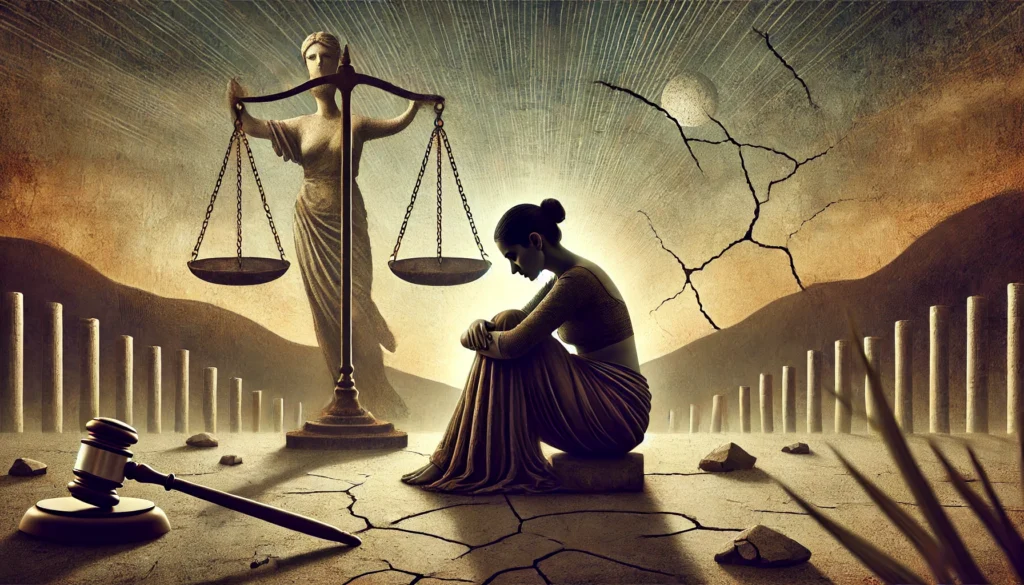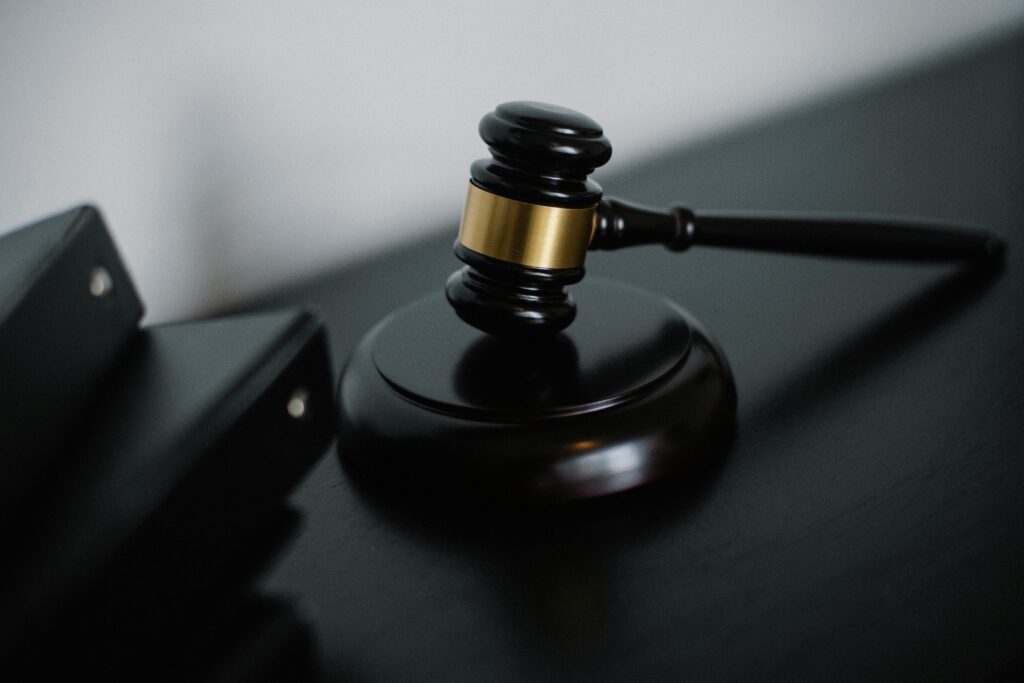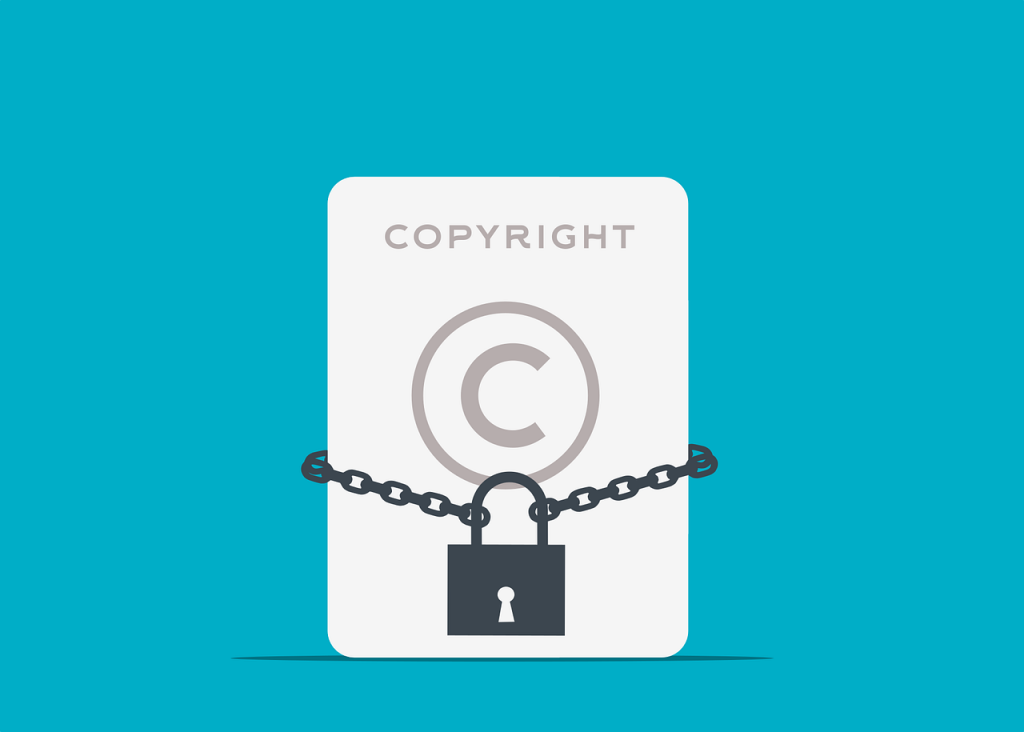Published on 15th June 2025
Authored By: Anisha Coutinho
Lords Universal College of Law, Mumbai University
|
Name |
P. Gopalkrishnan Alias Dileep v. State of Kerala and Another |
|
Citation |
(2019) 7 SCC 719 |
|
Date of Judgement |
November 29, 2019 |
|
Court |
Supreme Court of India |
|
Appellant |
P. Gopalkrishnan Alias Dileep |
|
Respondent |
State of Kerala & Another |
|
Coram |
Justice A.M. Khanwilkar and Justice Dinesh Maheshwari |
|
Statute(s) |
· Bhartiya Nyaya Sanhita (BNS) 2023 – Sections 61, 63, 75 · Indian Evidence Act, 1872 – Sections 62, 65B · Code of Criminal Procedure, 1973 (CrPC) – Section 207 · Information Technology Act, 2000 – Sections 67 & 72 · Constitution of India – Article 21 (Right to Fair Trial & Personal Liberty) |
Facts of the Case
In 2017, a prominent Malayalam actress was abducted and sexually assaulted in a moving vehicle by a group of men. The incident shocked the film industry and the public, leading to widespread media coverage and legal proceedings. The investigation led to the arrest of several individuals, and actor P. Gopalkrishnan, popularly known as Dileep, was accused of being the mastermind behind the crime. He was charged under Sections 61 (criminal conspiracy), 63 (rape), and 75 (assault or criminal force with intent to outrage a woman’s modesty) of the Bhartiya Nyaya Sanhita (BNS). A crucial piece of evidence in the case was video footage of the assault, which was recovered from a memory card. The prosecution heavily relied on this electronic evidence to establish the involvement of the accused. Dileep, in his defence, sought access to the original electronic records, arguing that without examining the primary evidence, he would be deprived of his fundamental right to a fair trial. He contended that the authenticity of digital evidence needed to be verified to rule out any possibility of tampering.
The trial court, however, denied his request, citing concerns that granting access to the original digital evidence could compromise the privacy and dignity of the victim. The court also expressed apprehension about the risk of tampering with sensitive evidence.
Dissatisfied with the decision, Dileep approached the Kerala High Court, which upheld the trial court’s order. The High Court maintained that the accused’s right to a fair trial must be balanced with the victim’s right to privacy and protection from further trauma. This led to an appeal before the Supreme Court, where the key issue revolved around the accused’s right to access electronic evidence versus the need to protect the victim’s privacy and ensure the integrity of digital evidence.
Issues Raised
- Whether the accused has an absolute right to receive copies of all electronic evidence under Section 207 of CrPC.
- Whether denying access to original digital evidence violates the accused’s right to a fair trial under Article 21 of the Indian Constitution.
- How to balance the privacy of the victim with the accused’s legal rights.
Contention
Appellant (Dileep)
- Right to Fair Trial & Access to Evidence
- The appellant argued that he was entitled to receive a cloned copy of the memory card containing the alleged video evidence under Section 207 of the Code of Criminal Procedure (CrPC), 1973.
- He contended that withholding the electronic evidence violated his fundamental right to a fair trial under Article 21 of the Constitution of India.
- Electronic Records as Documents
- The defence asserted that the memory card and pen drive, which contained the crucial video evidence, should be considered “documents” under the Indian Evidence Act, 1872, and thus, the accused should have access to them.
- Possibility of Tampering
- Dileep contended that without direct access to the original memory card, he would be unable to verify its authenticity and whether the evidence had been tampered with, manipulated, or altered.
- Precedents Supporting the Accused’s Rights
- The appellant relied on previous judgments where courts had upheld the right of the accused to access all material evidence used by the prosecution, maintaining that denial of such access would compromise his ability to defend himself effectively.
Respondent (State of Kerala)
- Protection of Victim’s Privacy
- The prosecution argued that the memory card contained sensitive and explicit material involving the victim. Providing a copy of such evidence to the accused could violate the victim’s right to privacy and dignity under Article 21 of the Constitution.
- Preservation of the Integrity of Evidence
- The State contended that granting the accused a cloned copy of the electronic evidence could lead to potential misuse or unauthorized circulation, compromising the integrity of the evidence and the ongoing trial.
- Certified Copies as Sufficient Compliance
- The prosecution maintained that the accused had already been allowed to inspect the electronic records in court and that certified copies or transcripts of relevant portions were sufficient for his defense.
- Legal Interpretation of Electronic Records
- The respondent submitted that a memory card or pen drive itself is not a “document” under the Indian Evidence Act, but rather a storage device containing electronic records. Therefore, the obligation to provide a physical copy of the memory card did not arise.
Rationale
The Supreme Court’s ruling in this case was guided by the need to balance the fair trial rights of the accused with the victim’s right to privacy and dignity. The key legal principles considered were:
- Right to a Fair Trial (Article 21 of the Constitution)
- The accused has a fundamental right to receive evidence relied upon by the prosecution under Section 207 of the Code of Criminal Procedure (CrPC), 1973.
- However, this right is not absolute and must be balanced against other interests, particularly the protection of the victim’s dignity in sensitive cases.
- Electronic Evidence as “Documents” under the Indian Evidence Act, 1872
- The Court ruled that a memory card/pen drive is not a document per se but a storage device containing electronic records.
- Electronic records are admissible under Section 65B of the Indian Evidence Act, but providing a cloned copy to the accused could lead to misuse.
- Victim’s Right to Privacy and Protection from Harassment
- The Court emphasized that in cases of sexual assault, the victim’s privacy must be safeguarded from any form of re-traumatization.
- Releasing explicit content, even to the accused, could compromise the victim’s safety and dignity.
- Alternative Safeguards for the Accused
- Instead of providing a cloned copy, the accused was allowed to inspect the electronic evidence in a controlled environment.
- This ensured that the defense could still examine the authenticity and accuracy of the evidence without violating the victim’s rights.
Defects of Law
- Ambiguity in Electronic Evidence Handling: The judgment does not provide clear guidelines on how electronic evidence should be handled in future cases, particularly in terms of inspection protocols for the accused.
- Lack of Comprehensive Privacy Protections: While the judgment upholds privacy rights, India lacks specific legislative safeguards for the handling of sensitive digital evidence in sexual offenses.
- Subjective Judicial Discretion: The ruling leaves wide discretion to trial courts, which could lead to inconsistent application of the law in similar cases.
- Impact on the Accused’s Defense Rights: While the judgment protects the victim, it also limits the accused’s ability to independently verify digital evidence, which could raise concerns about fair trial standards in certain cases.
Judgement
Court’s Decision
The Supreme Court of India ruled in Favor of the State of Kerala (Respondent), upholding the lower courts’ decision to deny the accused, P. Gopalkrishnan alias Dileep, a cloned copy of the electronic evidence (memory card and pen drive containing video footage of the alleged crime).
Key Findings of the Supreme Court
- Electronic Records as “Documents” under the Indian Evidence Act, 1872
- The Court held that a memory card or electronic record qualifies as a document under Section 3 of the Indian Evidence Act, 1872.
- However, the mere classification of an electronic record as a document does not automatically entitle the accused to receive a cloned copy of the contents, especially if privacy concerns are involved.
- Interpretation of Section 207 of the CrPC – Right to Copies of Evidence
- Section 207 of the Code of Criminal Procedure, 1973 (CrPC) mandates that the accused be furnished with copies of material evidence relied upon by the prosecution.
- However, the Court clarified that this right is not absolute and can be restricted in cases where providing copies would infringe upon the privacy and dignity of the victim or compromise the integrity of the evidence.
- The Court reasoned that mere access to inspect the electronic evidence, as granted by the trial court, was sufficient for the defense to prepare its case.
- Balancing the Rights of the Accused and the Victim’s Privacy
- The Court emphasized that victim rights, dignity, and privacy must be safeguarded, especially in cases involving sexual assault.
- The Supreme Court upheld the lower courts’ reasoning that providing a cloned copy of the video footage to the accused could lead to misuse or further victimization.
- Ensuring a Fair Trial Without Violating the Victim’s Privacy
- The Court acknowledged the accused’s right to a fair trial under Article 21 of the Constitution of India but held that this right must be balanced against the fundamental right to privacy of the victim.
- The Supreme Court ruled that allowing the accused to inspect the evidence under court supervision, rather than receiving a copy, was an adequate and fair measure.
Final Judgment
- The Supreme Court dismissed the appeal filed by the accused, P. Gopalkrishnan alias Dileep, and upheld the Kerala High Court’s decision.
- It ruled that the accused is not entitled to a cloned copy of the electronic evidence, as it could lead to a violation of the victim’s rights.
- However, the Court permitted the accused to inspect the evidence in the presence of court officials to ensure that his right to defense was not completely denied.
Inference
- The judgment strengthens victim protection in digital evidence cases, particularly in crimes involving sexual offenses.
- It establishes an important legal precedent for handling electronic evidence, ensuring a balance between fair trial rights and privacy protection.
- There is a need for clear legislative frameworks on the admissibility, access, and inspection of digital evidence in criminal trials.
- Courts must continue evolving guidelines on electronic evidence handling to prevent misuse while ensuring the rights of all parties involved.
Conclusion
A judgment favouring the accused would have reinforced the principle that fair trial rights cannot be diluted, even in sensitive cases. By denying a cloned copy, the court set a precedent that could limit access to electronic evidence in future trials, affecting the rights of accused persons in cases involving digital records. A more balanced approach could have provided the accused with controlled access to the evidence while ensuring victim protection.




